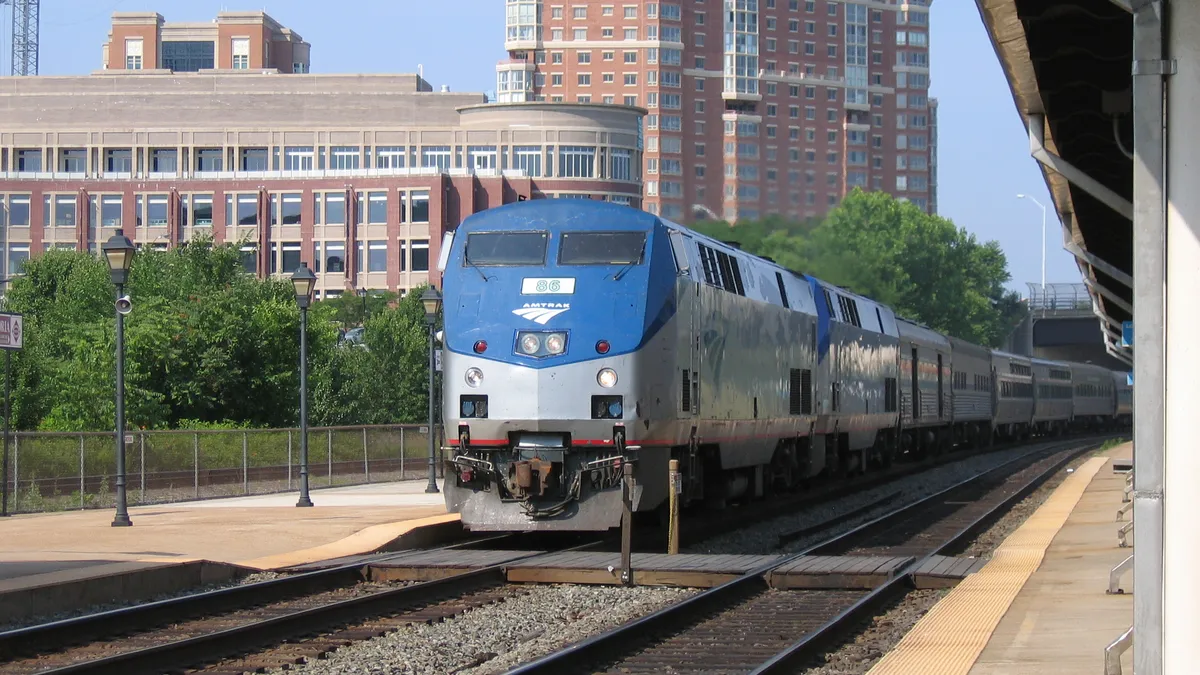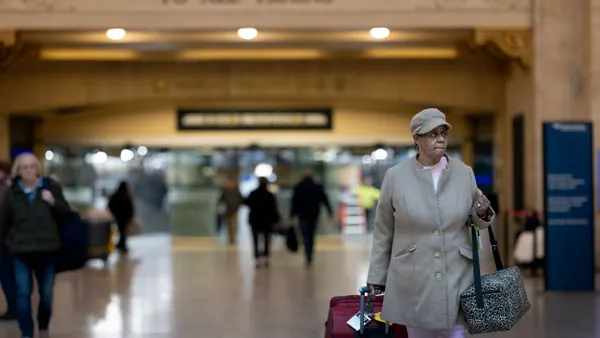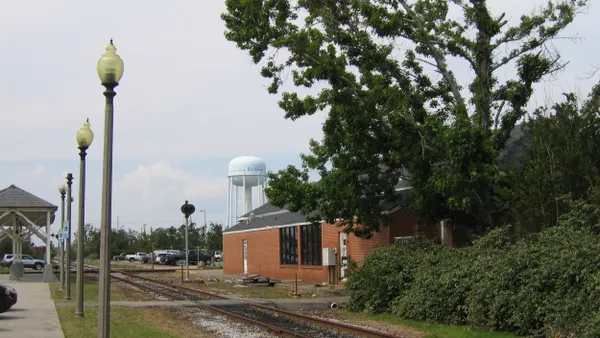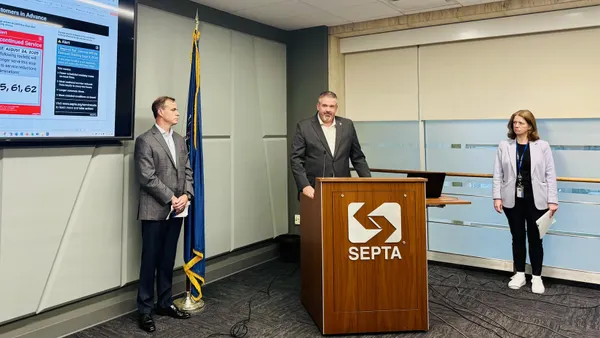President Joe Biden is expected to appoint an emergency board this month to avoid a shutdown of the nation’s large freight railroads, which could also disrupt some Amtrak passenger operations. But Greg Regan, president of the Transportation Trades Department, AFL-CIO, is hopeful that outcome can be avoided.
Amtrak owns just 3% of the routes its trains travel, while the rest are mostly owned by freight railroads. Should a work stoppage occur, particularly if train dispatchers or other operational workers are involved, all trains would be affected, Regan explained.
Negotiations between the National Carriers’ Conference Committee, which represents the nation’s freight railroads in national collective bargaining, and workers represented by the Coordinated Bargaining Coalition and the BMWED/SMART-MD Coalition, broke down last month when the National Mediation Board ended mediation on June 17, starting a 30-day cooling-off period.
The Brotherhood of Locomotive Engineers and Trainmen began mailing ballots to its members on June 24 seeking authorization for the union’s leadership to call a strike. “Let me emphasize that authorization does not mean a strike will occur, nor does it mean that all railroads may be struck,” BLET National President Dennis R. Pierce said in a press release.
Regan agreed and pointed out that calling a strike is the last resort. “It can be underappreciated just how painful a strike is for the rank and file workers who are the ones doing it. You're cutting yourself off from your pay and your benefits.”
The NCCC said in a June 14 statement, “The railroads have worked to address issues raised by both sides in the negotiations and have offered pay increases that are consistent with labor market benchmarks and reward rail employees for their essential work.”
If Biden invokes a presidential emergency board, the board will have 30 days to come up with a solution. Another 30-day cooling-off period would follow. Failing a resolution, Congress is expected to intervene to prevent a shutdown of rail service.
“There are a lot of different ways this can play out,” said Regan. “I'm sure everybody won't be happy, they won’t get everything they want in the process, but that's how this whole system is designed to work.”
Amtrak is not a party to these negotiations, Regan said. He added that “the relationship with Amtrak has actually been very good in terms of labor relations, especially recently.” He said that Amtrak is working closely with the unions to bring more people into its workforce.











